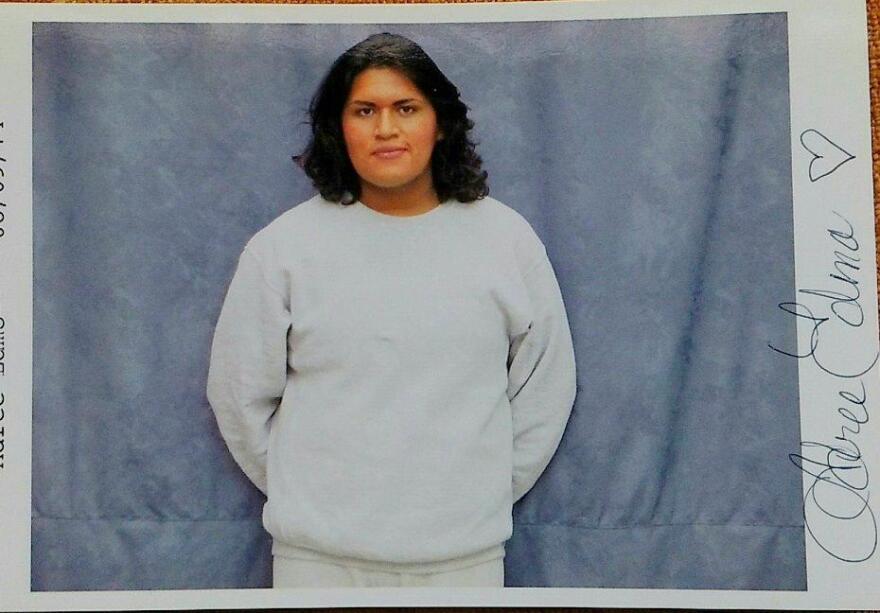The U.S. Supreme Court this week declined to take up a case from Texas where a transgender inmate sued the state for sex reassignment surgery, which could have implications for a similar case out of Idaho.
Vanessa Lynn Gibson has been in a Texas prison since 1995 after she was convicted of aggravated robbery and later murdered a fellow inmate. Gibson was born male, but has identified as a woman since she was 15.
Her lawyer argues that not giving her the surgery would violate the 8th Amendment, which protects against cruel and unusual punishment.
The 5th Circuit Court of Appeals said its denial wasn’t cruel and unusual punishment because the surgery’s “necessity and efficacy” are disputed within the medical community.
But dozens of studies show transgender patients report a better quality of life after getting some type of treatment — including surgery.
The 5th Circuit decision is in direct contrast with a case from 9th Circuit Court of Appeals that told Idaho it had to provide the surgery to Adree Edmo, who was diagnosed with gender dysphoria in prison.
Listen to our in-depth, investigative podcast LOCKED chronicling the Adree Edmo case
Gender dysphoria is a condition where those who suffer from it experience significant distress because their biological sex doesn’t match their gender identity. For example, Edmo has attempted to castrate herself twice while in prison, which she says is due to her gender dysphoria.
Courtney Joslin, a professor at University of California, Davis School of Law, said the U.S. Supreme Court’s choice to not hear Gibson’s case might not necessarily foreshadow a loss for Edmo.
While the 9th Circuit ruled differently than its sister court, Joslin said the decision in Edmo’s case was narrowly tailored based on her own individual circumstances.
“That decision did not necessarily mean, though, that every transgender prisoner going forward is entitled to the same type of medical treatment,” Joslin said.
The U.S. Supreme Court is also pretty busy. It only accepts 1-2% of the thousands of cases that are appealed every year.
Edmo just received her first round of court-ordered, pre-surgical treatment last month, namely hair removal treatment.
The Idaho Department of Correction and Corizon, the state’s private healthcare provider, have continued to object to providing Edmo with these treatments in court filings. They have asked for the entire 9th Circuit to hear the case again.
Should that fail, Idaho Gov. Brad Little (R) has said he will appeal Edmo’s case to the U.S. Supreme Court. But Joslin says Monday’s denial of the Gibson case could signal that the nation’s highest court thinks it’s not the right time to weigh in on these issues.
If the Supreme Court did deny an appeal in Edmo's case, she would become the first transgender inmate in the country to receive sex reassignment surgery through a court order.
Edmo was convicted of sexually abusing a 15-year-old boy when she was 22. She’s eligible for release in July 2021.
Editor's note: This story originally misstated that Adree Edmo would be eligible for parole in July 2021. That's when she's eligible for release and the story has been changed accordingly.
Follow James Dawson on Twitter @RadioDawson for more local news.
Copyright 2019 Boise State Public Radio



